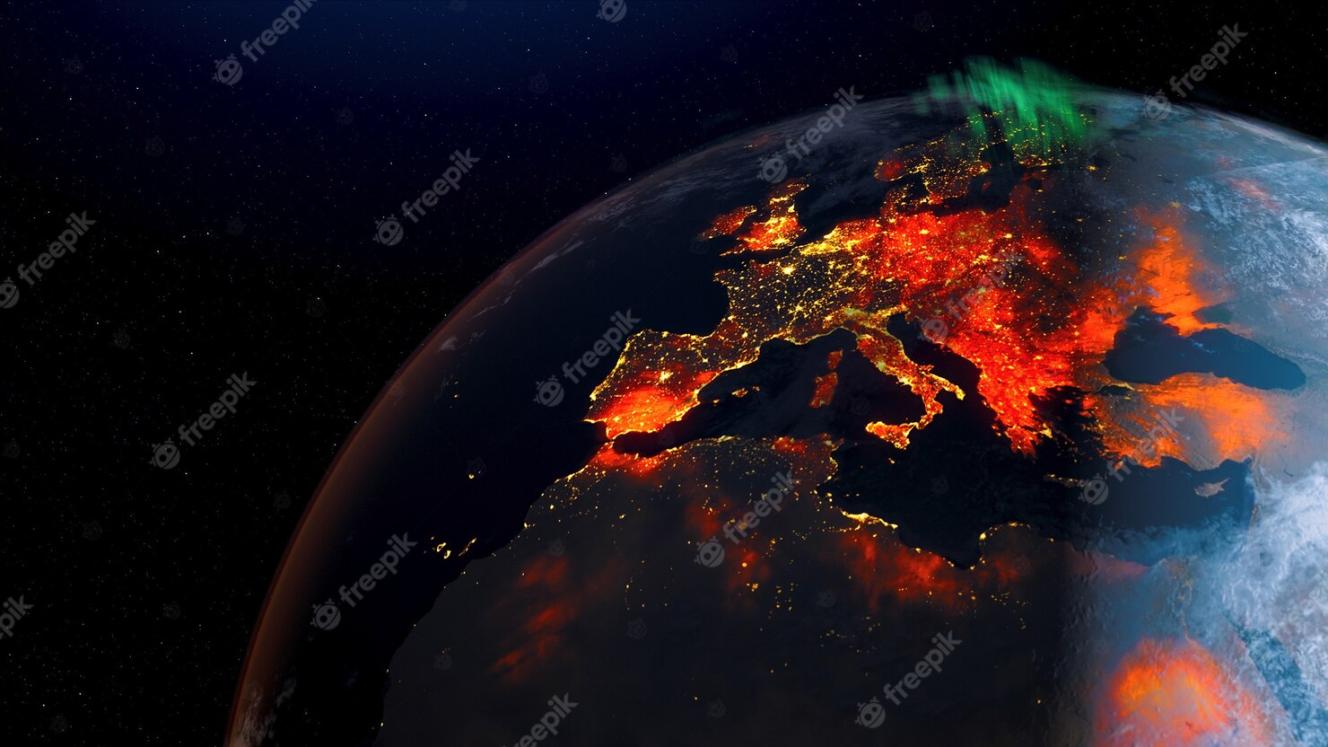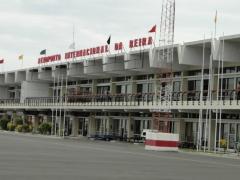Tourism bodies and experts predict that emerging extreme weather patterns, such as the searing heatwaves across southern Europe this summer, could lead to a lasting shift in tourist habits, according to skift.com. And climate experts say that heatwaves in Europe are likely to become more intense and longer.
The post-COVID eagerness for travel could soon be tempered by these climatic phenomena.
Already, travellers are choosing to visit cooler destinations or take holidays in spring or autumn to avoid high temperatures, droughts and wildfires, says the European Travel Commission (ETC).
ETC data shows that the number of travellers hoping to travel to the Mediterranean region during the northern summer (June to November) has dropped by 10% since last year, following the heatwave and droughts of the 2022 summer. The report also found that 7,6% of travellers considered severe weather events to be major hindrances when planning to travel in the summer.
ETC Head Miguel Sanz said: “We anticipate that unpredictable weather conditions in the future will have a greater impact on travellers’ choices in Europe.”
Meteorologists predict that in the remaining summer months of 2023, temperatures may surpass Europe’s current record for the highest temperature, recorded in Sicily during August 2021, at 48,8C.
Cooler destinations in Europe such as the Czech Republic, Denmark, Ireland and Bulgaria are gaining more attention from tourists, according to an article in skift.com.
Revenge travel post-COVID has resulted in summer tourism peaks in the Mediterranean, but now, fears of weather-related dangers, including devastating fires, are growing, as stories of tourists being evacuated to hostels or even being airlifted from Italian beaches and ferried by ambulances in Greece make headlines.
Authorities in some European countries have warned people to stay indoors during the day’s hottest hours, and ‘cooling stations’ have been opened in some tourism-dense cities.
The deterrent effect of the extreme weather comes at a time when some governments and local authorities are taking steps to combat overtourism, as traveller numbers surged in some destinations after the pandemic in the ‘revenge travel’ phenomenon, which saw this summer’s numbers outpace pre-pandemic levels.
This has caused tourism-based businesses in the affected regions concern, as their revenues are likely to be pruned and this will be exacerbated by the effect of tourists deciding to give the heat-stricken regions a miss, and go elsewhere to spend their tourism Pounds and Euros.
During July, the UK Foreign, Commonwealth and Development Office issued a new travel advisory for British travellers going to Greece, Italy and Spain, warning them to note the extreme temperature and the risk of wildfires and cautioning British tourists to stay abreast of local weather updates.













